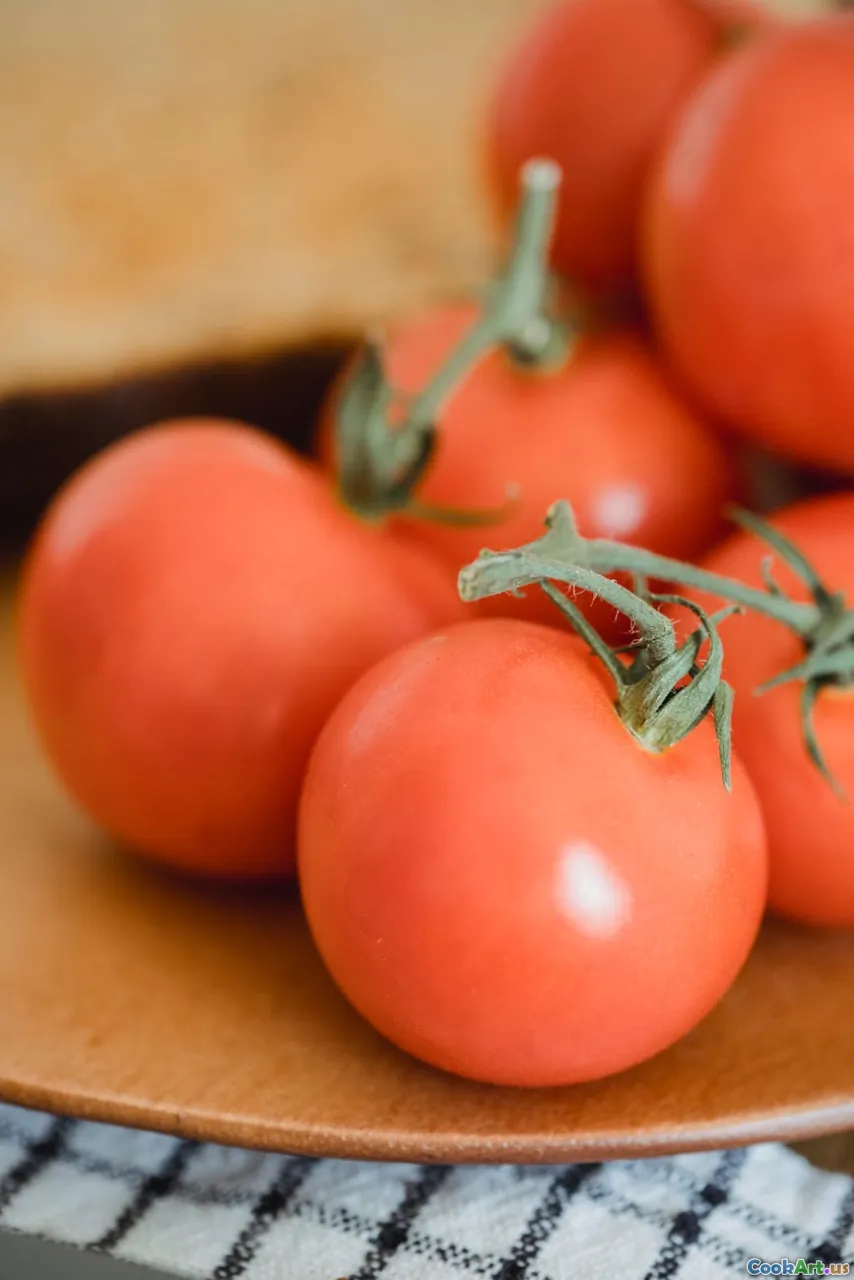Sustainable Eating for Every Season
5 min read Discover how to embrace sustainable eating habits throughout the year with seasonal produce and eco-friendly cooking tips. April 13, 2025 08:00
Sustainable Eating for Every Season
In an age where climate change and environmental degradation are critical issues, the importance of sustainable eating has never been clearer. Embracing seasonal produce not only helps reduce our carbon footprint but also enhances the flavor of our meals. This guide aims to provide insights into sustainable eating throughout the year, highlighting the benefits of local and seasonal ingredients.
Understanding Seasonal Eating
Seasonal eating revolves around consuming foods that are in season in your local area. This practice promotes biodiversity, reduces the need for transportation, and encourages a closer connection to the food we eat. Here’s a breakdown of what you can find in each season:
Spring
Spring is a time of renewal, bringing a bounty of fresh vegetables and fruits. Look for:
- Asparagus: A low-calorie vegetable rich in antioxidants.
- Spinach: Packed with vitamins A, C, and K.
- Strawberries: Naturally sweet and full of vitamin C.
Incorporate these ingredients into salads, stir-fries, or smoothies, celebrating the fresh flavors of spring.
Summer
Summer's warmth yields a colorful array of produce. Key ingredients include:
- Tomatoes: Juicy and versatile, perfect for sauces or salads.
- Zucchini: Great for grilling, baking, or spiralizing into noodles.
- Berries: Nutrient-dense and perfect for desserts or snacks.
Consider hosting a summer barbecue featuring grilled vegetables and fresh salads made from local produce.
Autumn
As the temperature drops, autumn brings hearty fruits and vegetables:
- Pumpkins: Ideal for soups, pies, and roasting.
- Apples: Perfect for pies, cider, or fresh eating.
- Brussels Sprouts: Nutritious and delicious when roasted.
Use these ingredients to create warming meals that celebrate the harvest season.
Winter
Winter might seem challenging for seasonal produce, but there are still plenty of options:
- Root Vegetables: Carrots, potatoes, and beets are perfect for roasting.
- Citrus Fruits: Oranges and grapefruits provide a refreshing burst of flavor.
- Kale: A hardy green that thrives in colder weather.
Embrace hearty stews and comforting dishes that utilize these ingredients to stay warm and nourished.
The Benefits of Sustainable Eating
- Environmental Impact: Choosing seasonal and local foods reduces transportation emissions and supports local ecosystems.
- Flavor: Foods that are in season are often fresher and more flavorful, as they are harvested at their peak ripeness.
- Nutrition: Seasonal produce is often more nutrient-dense, as it is picked closer to consumption time, preserving its vitamins and minerals.
- Cost-Effectiveness: Seasonal foods are typically less expensive due to lower production and transportation costs.
Tips for Sustainable Eating
- Shop Locally: Visit farmers' markets or join a community-supported agriculture (CSA) program to access fresh, local produce.
- Plan Your Meals: Create a meal plan based on what’s in season to minimize waste and maximize flavor.
- Preserve Seasonal Produce: Learn about canning, freezing, or drying fruits and vegetables to enjoy them year-round.
- Experiment with New Recipes: Use seasonal ingredients to create innovative dishes and expand your culinary repertoire.
Conclusion
Sustainable eating is not just a trend; it’s a lifestyle choice that benefits our health and the planet. By aligning your diet with the seasons, you can enjoy fresh, flavorful foods while being mindful of your ecological footprint. So, embrace the changing seasons and let nature guide your culinary adventures!









